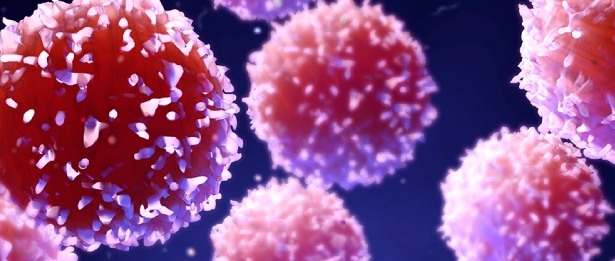Immunotherapy

What is Immunotherapy?
Immunotherapy is a new dimension of medication therapy in cancer. Millions of cancer cells are born every day in our bodies. Human's own immune system to defeat cancer cells are found in cells. When the immune system recognizes the cancer cells, it acts immediately and destroys the cell. With these cancer cells, T cells (T lymphocytes) in the immune system fight and try to destroy them. However, the receptors on the cancer cells bind to their T cells to prevent them from fighting against themselves. Immunotherapy drugs prevent the binding of T cells and cancer cells via these receptors, allowing T cells to perform their tasks. The aim of the immunotherapy is to strengthen the immune system, allowing the body to defeat the cancer.
What is the difference between immuno- and chemotherapy?
To date, 3 types of cancer-related drug treatment was applied. The first of these is the "cytotoxic" chemotherapy treatment that kills cancer cells (streotaxic in cancer); secondly, hormone therapy methods used to break hormone mechanisms in cancers such as breast and prostate which develop due to hormones; and the third is the targeted treatment that has been used for the last 15 years and has been increasing day by day. The aim of this treatment is to block the mechanisms that enable the development and spread of cancer.
In immunotherapy, the target strengthens the immune system, allowing the body to beat itself. As a mechanism, there are differences between chemotherapy and immunotherapy. Chemotherapy kills cells; immunotherapy strengthens the immune system. There are also differences in the side effects. Side effects such as hair loss, low blood, nausea and vomiting seen in chemotherapy are not seen in immunotherapy. The side effects of immunotherapy are the side effects caused by the stimulation of the immune system.
In order to perform chemotherapy, the patient's performance should be good and his / her body functions should be in place. Both the disease and chemotherapeutic problems should not harm the patient. Immunotherapy is also effective in patients with poor performance. Very sluggish, even in patients who can not be removed.
How is it performed?
Immunotherapy drugs are administered via intravenous serum similar to chemotherapy. But it is more comfortable than chemotherapy. It does not create a significant problem when applying. It is a long-term treatment that strengthens the immune system and enables the body to fight.
Who does it apply to?
Immunotherapy drugs are not currently used in early disease rotation, they are used in patients who have metastasized. It can be applied to patients in the fourth stage. However, in order for the results to be good, the patient should be in the early stages of the 4th universe.
For which cancers can it be used?
Immunotherapy is used in many types of cancer. Nowadays it is very effective against malignant melanom. There is almost no effect of chemotherapy in malignant melody. However, immunotherapy is much more effective. First choice is chemotherapy in non-small cell lung cancer. However, if the disease progresses, immunotherapy drugs are used as a second option.
Another area of use is kidney cancer. The second choice is immunotherapy when targeted drugs fail. It is also used in lymph cancers (Hodgkin's disease). Studies on the use of intestinal, bladder, stomach and breast cancer continue.
What side effects can it have?
Immunotherapy may have adverse effects on the immune system. These; some symptoms such as skin, diarrhea. Inflammation (germ-free pneumonia) in the lung, may have effects on the hormone system. For example, acting on the thyroid gland may cause it to work slowly or quickly. It can make the adrenal insufficiency. Insufficiency of the pituitary gland can be seen. Fatigue can cause anorexia. Side effects should be well known and patients should be followed closely. Therefore, medical oncologists who apply immunotherapy should know when and when to stop the drug when side effects occur, and take precautions in this regard. Physicians in other branches such as chest diseases, endocrinology, gastroenterology should also know how to intervene when there are any side effects. For example; cortisone may be required when side effects occur. Therefore, the physician should know when to use the cortisone.
